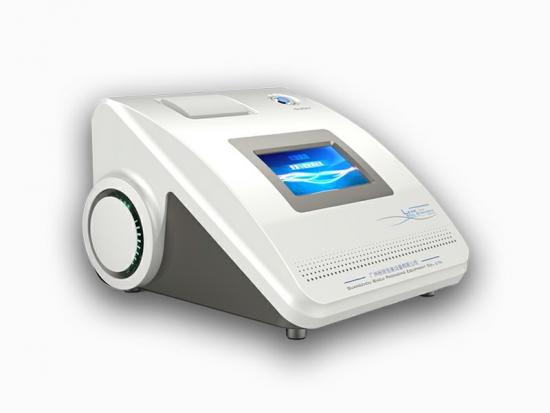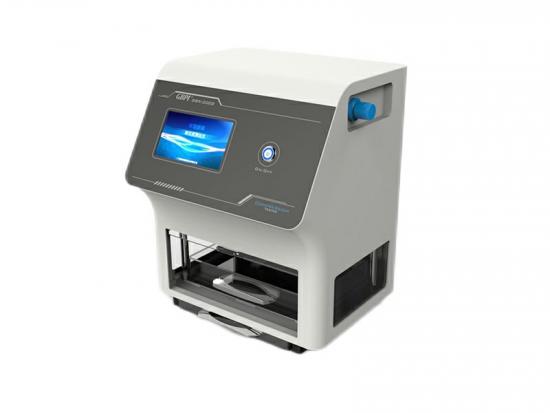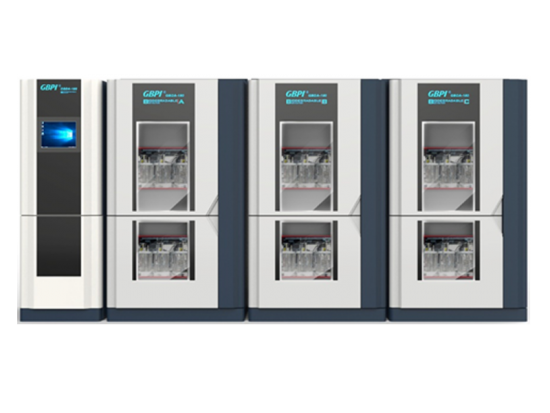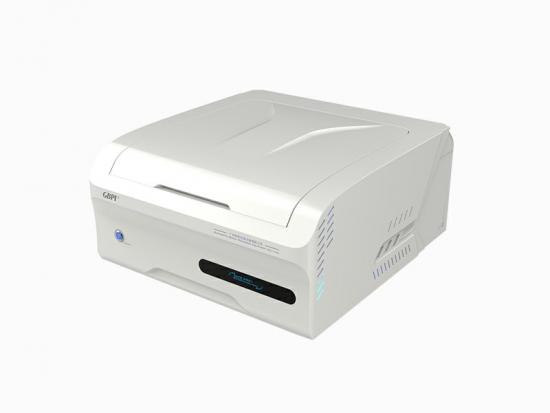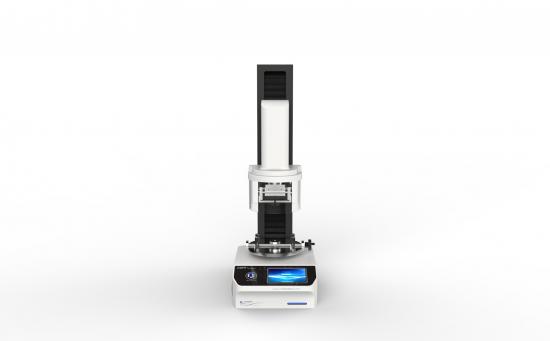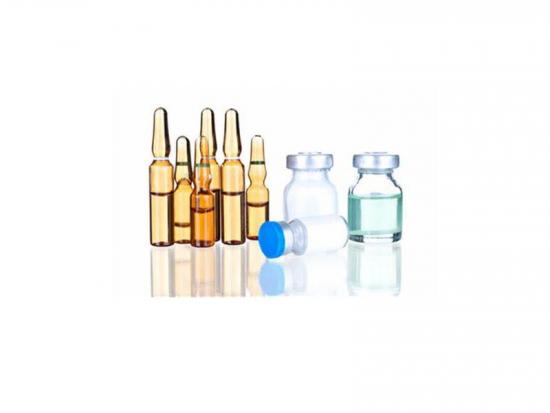What affects the OTR of films
Good oxygen barrier is achieved by combining functional layers to create a film with the required barrier, as well as those other properties necessary to produce a serviceable package. For example, EVOH has exceptional OTR properties, but needs moisture barrier and mechanical properties provided by layers that are coextruded or laminated around it.
OTR is most affected by the following factors.
1. Thickness of barrier layer: Generally, the thicker the oxygen barrier-providing layer, the better the barrier. But there are process and cost limitations that restrict the thicknesses that can be realistically produced or successfully utilized.
2. Copolymer ratio, plasticizer content, and polymerization process: All PVdCs (or EVOHs or PVOHs) are not created equal. Properties are compromised during polymer and product development, so that total performance in target applications is optimized. There can be substantial differences in OTR values depending on the selections made. For example, both ASB-X and AXT are PVdC-coated and sealable, but their OTRs are 4.5 cc/100 in2/24 hr and .40 cc/1 00 in2/24 hr, respectively. ASB-X has the poorer OTR, but a broader seal range than AXT.
3. Base film surface compatibility: The physical and chemical characteristics of the base film surface have a major effect on the OTR after metallization, and to a lesser degree, after coating. This is evidenced by Met PET's exceptional barrier, as well as the difference in OTRs between various metallized OPP products (refer to Table 10).
So how to measure the films oxygen transmission rate?
GBPI Overall packaging testing instruments help you find out the answer.
GBPI R&D latest packaging testing equipment for packaging industry.We develope latest Y110 and Y310 Oxygen Permeability Tester for packaging material Oxygen Transmission Rate Testing.
Comply to ASTM standard test methods include:
D3985 Standard Test Method for Oxygen Gas Transmission Rate Through Plastic Film and Sheeting Using a Coulometric Sensor
F1307 Standard Test Method for Oxygen Transmission Rate Through Dry Packages Using a Coulometric Sensor
F1927 Standard Test Method for Determination of Oxygen Gas Transmission Rate, Permeability and Permeance at Controlled Relative Humidity Through Barrier Materials Using a Coulometric Detector
F2622 Standard Test Method for Oxygen Gas Transmission Rate Through Plastic Film and Sheeting Using Various Sensors

 info@gbtest.cn
info@gbtest.cn



 en
en ru
ru es
es ar
ar


